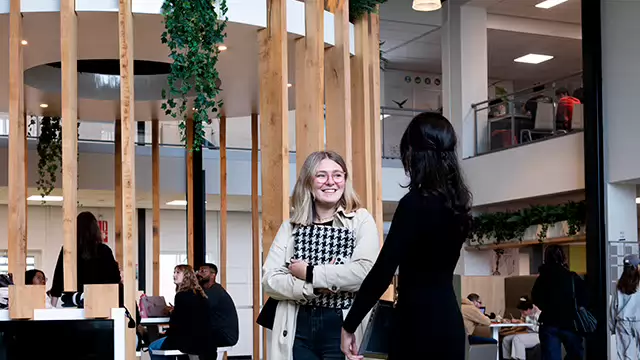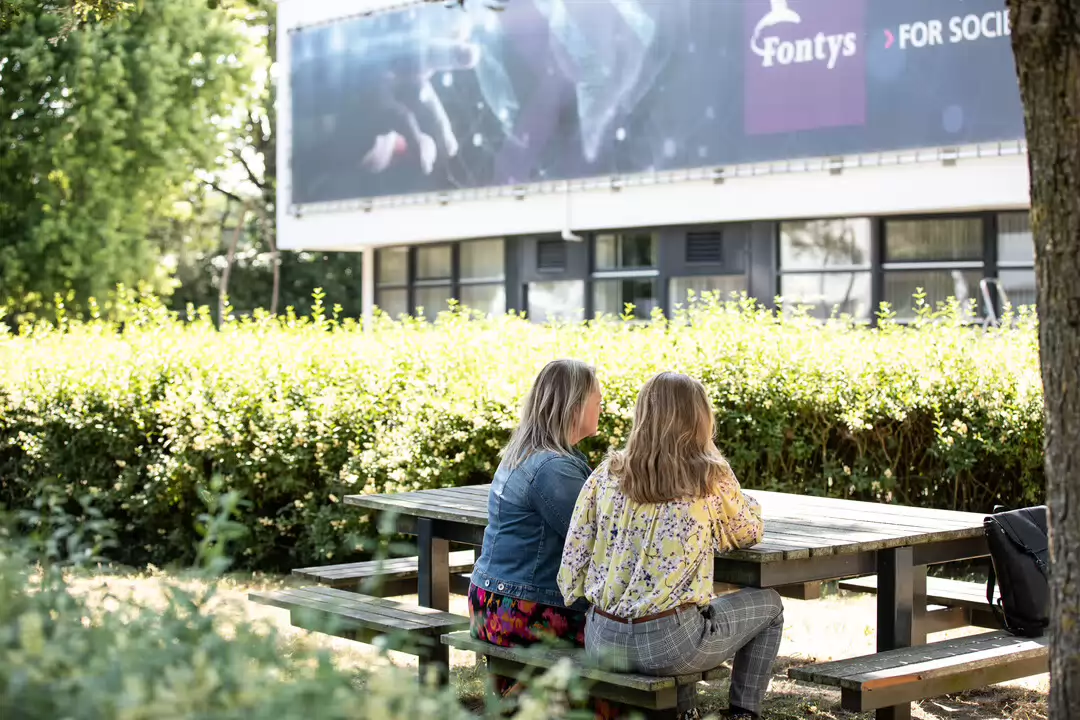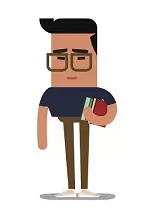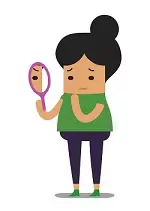
Sexual transgressive behaviour and violence
What is it?
Sexual assault is a term used for any sexual act that a person must perform or endure in an unequal situation. Unequal means that the other person has more power, is stronger, is older or that you are dependent on them. Sexual violence can include sexual assault, rape, sexual abuse or online abuse.
The term sexual violence can be misleading. Because not every unpleasant sexual experience involves violence. Sexual abuse can also happen in an almost loving way, or a victim may cooperate in the abuse out of self-protection so that the perpetrator does not have to use violence. There are different ways sexual violence happens, with and without physical and verbal abuse. Sexual violence is said to occur when the sexual experience was against your will and/or, when there was a power relationship between you and the perpetrator. Sex between an adult and a child is always sexual abuse.
If you face family circumstances during your studies, this may affect your functioning and performance and your study progress. You may experience study delays as a result of your circumstances.

What can you do yourself?
If you have experienced an unpleasant sexual experience, you can contact the Center for Sexual Violence for help at 0800-0188. Preferably contact the Center for Sexual Violence within seven days. Within that time they can best help you. Have you been a victim of sex under duress for longer than seven days? Even then you may contact the Center for Sexual Violence.
What can you do?
If you have experienced sexual abuse, it may be difficult to talk about it. For example, because you feel guilty or ashamed. You may also be afraid of what will happen if you tell your story. Still, sharing can help.
It is important to talk to someone you trust. You can talk about it with your study programme (if there is a student coach or teacher you trust). Don't just stick around with it, there are several options within Fontys. Below we give you some options:
- If the situation is linked to the study programme, please contact the confidential advisor.
- We advise you to contact your GP if possible and the police if desired.
- You can contact the Sexual Assault Center (this can be done anonymously). They offer professional help to anyone who has experienced an unwanted sexual experience. Preferably contact them within seven days. Within that time, they can best help you. Have you been a victim of coerced sex for longer than seven days? Even then you may contact the Sexual Assault Center.
It is important to talk to someone you trust. Don't just stick around with it, there are several options within Fontys. Below we give you some options:
- If the situation is linked to the study programme, please contact the confidential advisor.
- We advise you to contact your GP if possible and the police if desired.
- You can contact the Sexual Assault Center (this can be done anonymously). They offer professional help to anyone who has experienced an unwanted sexual experience. Preferably contact them within seven days. Within that time, they can best help you. Have you been a victim of coerced sex for longer than seven days? Even then you may contact the Sexual Assault Center.
Consequences
Sexual violence is often a traumatic experience. You can suffer from trauma in a variety of ways. Consider reliving the event during flashbacks and/or nightmares. This can be very unpleasant and cause a lot of anxiety and stress/strain symptoms. In addition, you may start avoiding certain situations and thoughts to deal with your stress and anxiety. Concentration and irritability are also common complaints. Moreover, with multiple trauma, you may also develop an anxiety disorder or a negative self-image.

Self learning modules
Anxiety
If you often feel anxious or have panic attacks, you’re not alone. This self-help module can help you understand and manage your anxiety, so it doesn’t get worse.
Go to the Anxiety and panic module
S
Concentration and procrastination
Do you find yourself struggling to concentrate? Are you an expert procrastinator? This module is full of information, exercises, videos, and useful tips to improve your concentration and master your procrastination!
Go to the Concentration and procrastination module
Sadness
Although no one is happy every day, you should not feel sad all the time either. This module can help if you want to do something about your sadness. You can get a grip on your mood by working on your thoughts, anxieties, lifestyle, and relaxation.
Go to the Sadness module
Loneliness
Do you sometimes feel alone? You’re not the only one—many people feel this way. It’s important to take action. This module helps you understand and reduce these feelings. Step by step, you work on topics about loneliness and start breaking the cycle.
Go to the Loneliness module
Self-image
If you often doubt yourself or feel not good enough, this module can help. You'll learn to understand your self-image and become kinder to yourself.
Go to the Self-image module
Contact
Book your appointment with a student psychologist or a student counsellor.
Book an appointmentWho can you contact?
- You can contact a student psychologist if you are experiencing complaints, worries, or problems for which you don’t immediately see a solution. They offer short‑term therapy.
- If your mental well‑being is affecting your study progress, if you want to request special arrangements, or if you are struggling with motivation issues, then you should make an appointment with a student counsellor.
